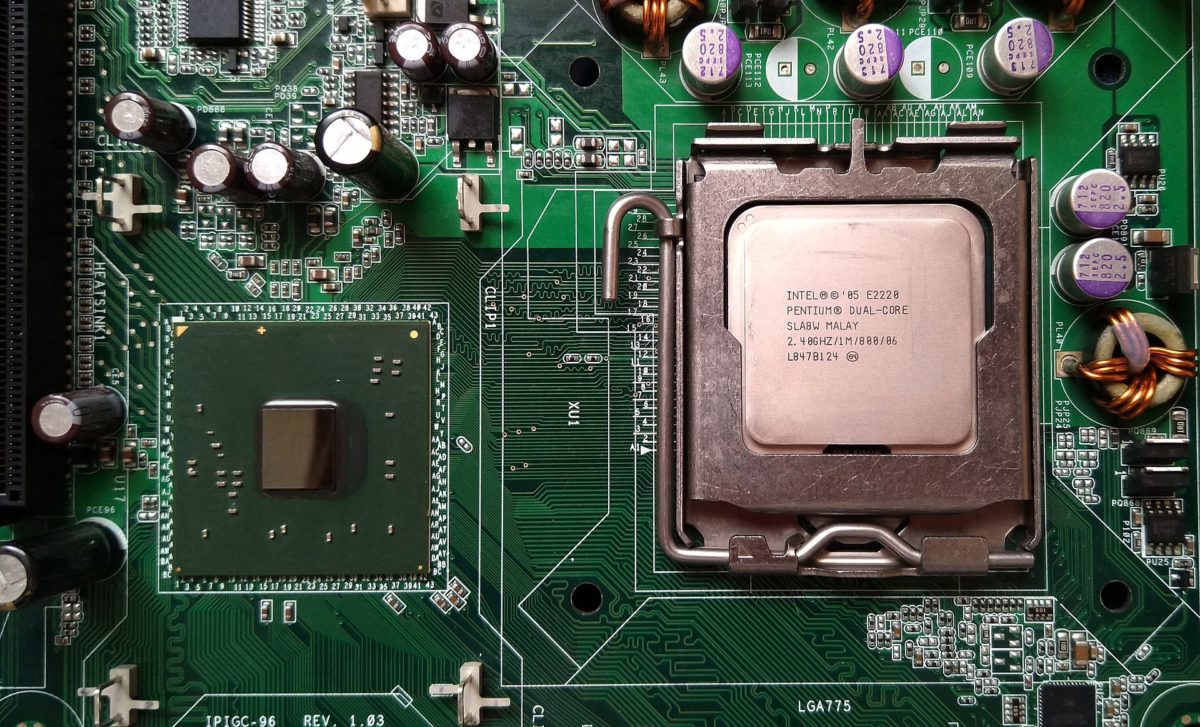An acute semiconductor chip shortage is seeing more industry sectors affected, with automotive manufacturers currently worst off. In addition, the consumer electronics industry is starting to show warning signs across smartphones, TVs, and laptops.
However, in a sign of supply chain strength, the solar and energy storage market, which requires chipsets for smart componentry, is not currently facing stresses, notes IHS Markit, in a response to written questions from pv magazine.
Major chip fabs, including TSMC, Samsung Foundry, UMC and GlobalFoundries, are currently unable to satisfy demand, with one JP Morgan analyst suggesting shipping is between 10% to 30% below current demand levels.
While the most significant shortages are on the highest-spec, 5nm and 7nm process chipsets used in new gaming consoles, smartphones, and graphics cards, the effects are being felt at all chip process fabrication levels. And with no respite predicted until late 2021, the supply issue may not be resolved soon.
Still, Cormac Gilligan, an associate director at IHS Markit, explained that while the semiconductor chip shortage is currently a global challenge for all industries, solar and energy storage manufacturers are less affected.
“In general, the solar and energy storage industries have learned lessons from being impacted by semiconductor components, for example, transistors, capacitors [and] resistors in prior years, which are key to manufacturing power electronics, including power conversion components such as solar inverters and energy storage inverters,” said Gilligan.
Popular content
“In recent quarters, PV inverter and PCS [power conversion system] companies have retained high inventory levels of certain critical components and are in constant dialogue with component suppliers to give visibility into future demand.”
With many players, such as Huawei, also active in the wider electronics industry, chip supply chains are closely monitored for changes in lead times, or supply and demand shifts. And unlike the automotive industry, which experienced severe stop-start demand during the earliest phases of the Covid-19 pandemic, IHS Markit noted that the global solar and energy storage market still managed growth in 2020, noting suppliers remained in close contact with supply chains.
“These actions have negated the impact of these challenges in procurement and delivery lead times,” said Gilligan. “IHS Markit has not noted any significant impact on the production of finished components such as solar and energy storage inverters at present.”
By Tristan Rayner
This content is protected by copyright and may not be reused. If you want to cooperate with us and would like to reuse some of our content, please contact: editors@pv-magazine.com.



2 comments
By submitting this form you agree to pv magazine using your data for the purposes of publishing your comment.
Your personal data will only be disclosed or otherwise transmitted to third parties for the purposes of spam filtering or if this is necessary for technical maintenance of the website. Any other transfer to third parties will not take place unless this is justified on the basis of applicable data protection regulations or if pv magazine is legally obliged to do so.
You may revoke this consent at any time with effect for the future, in which case your personal data will be deleted immediately. Otherwise, your data will be deleted if pv magazine has processed your request or the purpose of data storage is fulfilled.
Further information on data privacy can be found in our Data Protection Policy.